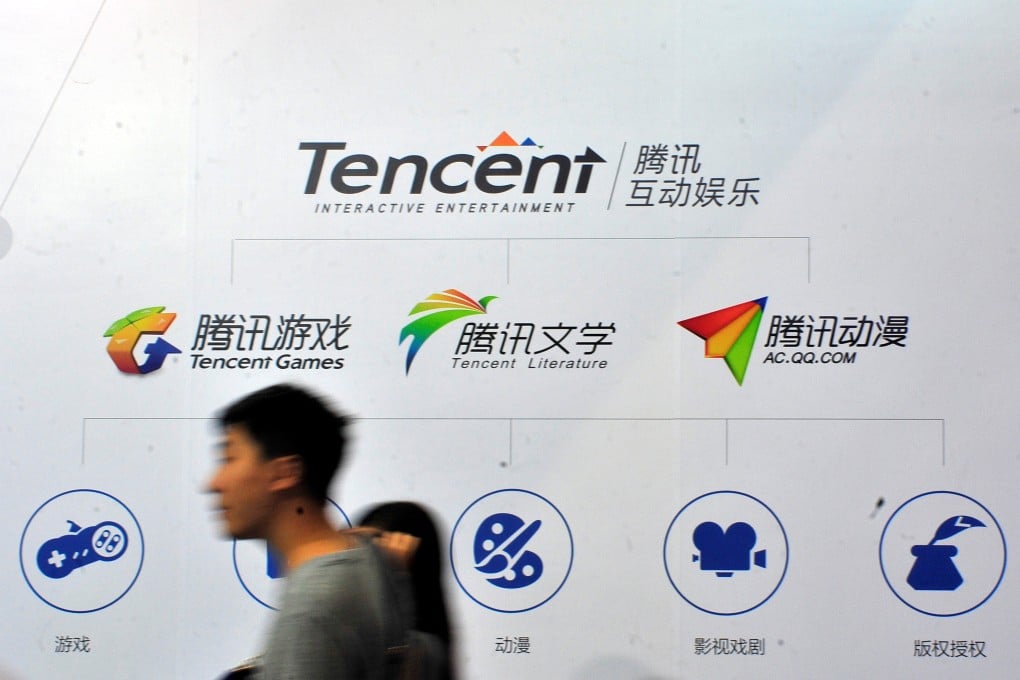Advertisement
Tencent sells loss-making animation and comic business to subsidiary China Literature in latest consolidation move
- China Literature, 56 per cent owned by Tencent, said it has struck a deal to buy Tencent’s animation and comics business for 600 million yuan
- Tencent has been shedding loss-making business units and consolidating its sprawling operations after it became a target for regulatory scrutiny
Reading Time:2 minutes
Why you can trust SCMP
0

Tracy Quin Shanghai
Tencent Holdings, China’s largest social media and video gaming company, has offloaded its loss-making animation and comics business to a subsidiary as China’s most valuable tech giant continues to slash noncore operations.
China Literature, the country’s largest online publishing and e-book company that is 56 per cent owned by Tencent, said on Tuesday it struck a deal to buy Tencent’s animation and comics business for 600 million yuan (US$83.6 million).
China Literature’s Hong Kong-listed shares surged more than 10 per cent following the announcement.
It will pay cash for Tencent Animation and Comics, including the app, associated intellectual property rights, and animation, film and television series.
According to a corporate filing by China Literature, the 600 million yuan price is a 36 per cent premium compared to the assets’ book value of 442 million yuan. Tencent Animation and Comics made a loss of 111 million yuan in 2022, narrowing from 190 million yuan in 2021.
Advertisement